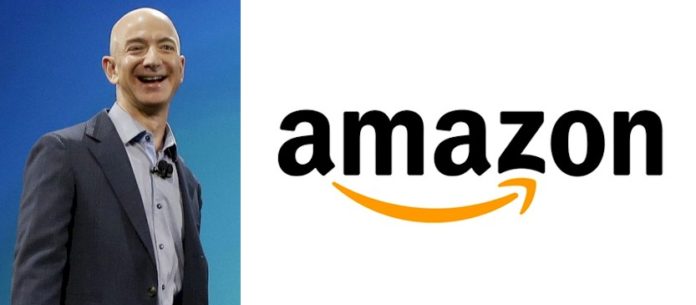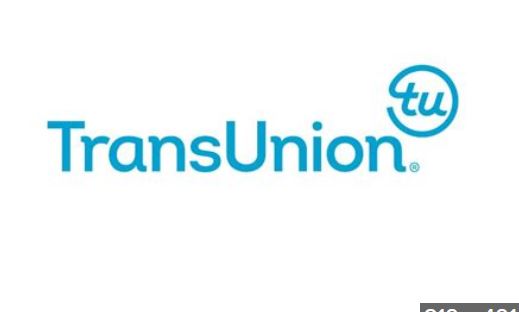Amazon Sued For Tricking Users Into Subscribing For Prime Service Featured

Amazon accused of illegally inducing consumers to sign up for its Prime service and then hindering them from canceling their subscription.
A recently filed lawsuit alleges that Amazon “duped millions of consumers” into enrolling in Prime by using “manipulative, coercive or deceptive” design tactics on its website known as “dark patterns.” And when consumers wanted to cancel, Amazon “knowingly complicated” the process with byzantine procedures.
According to the lawsuit, “Amazon tricked and trapped people into recurring subscriptions without their consent, not only frustrating users but also costing them significant money,”
The lawsuit for the first time takes aim at a key Amazon program that has become ubiquitous in the lives of more than 200 million customers. Prime members pay $139 a year to get packages shipped faster from Amazon’s retail store, to stream movies and series from its in-house studio and to receive discounts when they check out at Amazon’s Whole Foods grocery chain. The company has added more perks to Prime over time, including live sports, but has raised the annual subscription fee as well.
Prime has for years attracted subscribers with its menu of benefits, turning the service into one of the keys to Amazon’s dominance. The service was introduced in 2005 for $79 a year. Over time, the company added more perks to the program, like streaming video, and increased the price. It raised the fee to $139 a year in 2022.
In 2021, Amazon said it had more than 200 million Prime members. Customers last year spent $35 billion on Amazon subscriptions, primarily Prime memberships, according to the company’s financial disclosures.
According to the complaint, Amazon had made it particularly difficult to buy a product in its store without also subscribing to Prime while checking out. In one example, it said, the company used “repetition and color” to push customers’ focus to Prime’s promise of free shipping and away from the service’s price, leading some to subscribe to Prime without “informed consent.”
The complaint further alleges that Amazon made it hard to find the page that allowed consumers to cancel the service. Once they found it, the company bombarded them with offers intended to change their mind. The lawsuit said Amazon had named the process for canceling Prime after the Iliad, the lengthy Greek epic poem that recounts the Trojan War.
Amazon “substantially revamped its Prime cancelation process for at least some subscribers” shortly before the lawsuit, the heavily redacted complaint said. But “prior to that time, the primary purpose of the Prime cancelation process was not to enable subscribers to cancel, but rather to thwart them.”
Questions over how hard it is to cancel Prime have increased in recent years. In a 2021 complaint to the District of Columbia attorney general, the Electronic Privacy Information Center, an advocacy group, said Amazon used manipulative designs to “frustrate the intentions of users who intend to cancel their Amazon Prime subscriptions.”
“It’s having to play a lot of catch-up because these practices have evolved for many years without serious attention and enforcement,” said John Davisson, a senior counsel at the Electronic Privacy Information Center. “Going after a company as big as Amazon is sending a message to other players in the industry.”
Critics consider Prime central to Amazon’s business because it keeps customers inside the company’s retail store by offering them other perks, like access to Amazon streaming exclusives like “Tom Clancy’s Jack Ryan” and “The Lord of the Rings: The Rings of Power.”
Amazon has said Prime provides benefits for consumers. When the company lobbied in recent years against changes to antitrust laws focused on the tech giants, it regularly told lawmakers and the media that the changes would hobble Prime.
A 2017 article published in The Yale Law Journal, argued that modern interpretations of antitrust law should be widened to address tech companies like Amazon, effectively upending decades of established antitrust doctrine. “As Amazon continues both to deepen its existing control over key infrastructure and to reach into new lines of business, its dominance demands the same scrutiny,”
If you charged for an Amazon Prime subscription you may be eligible for compensation.
If you were charged for an Amazon Prime subscription that you did not know about or weren’t able to cancel after learning you had been subscribed, you may be eligible for compensation. To understand your rights, please fill out the form below, and a lawyer will contact you within 24 hours.









